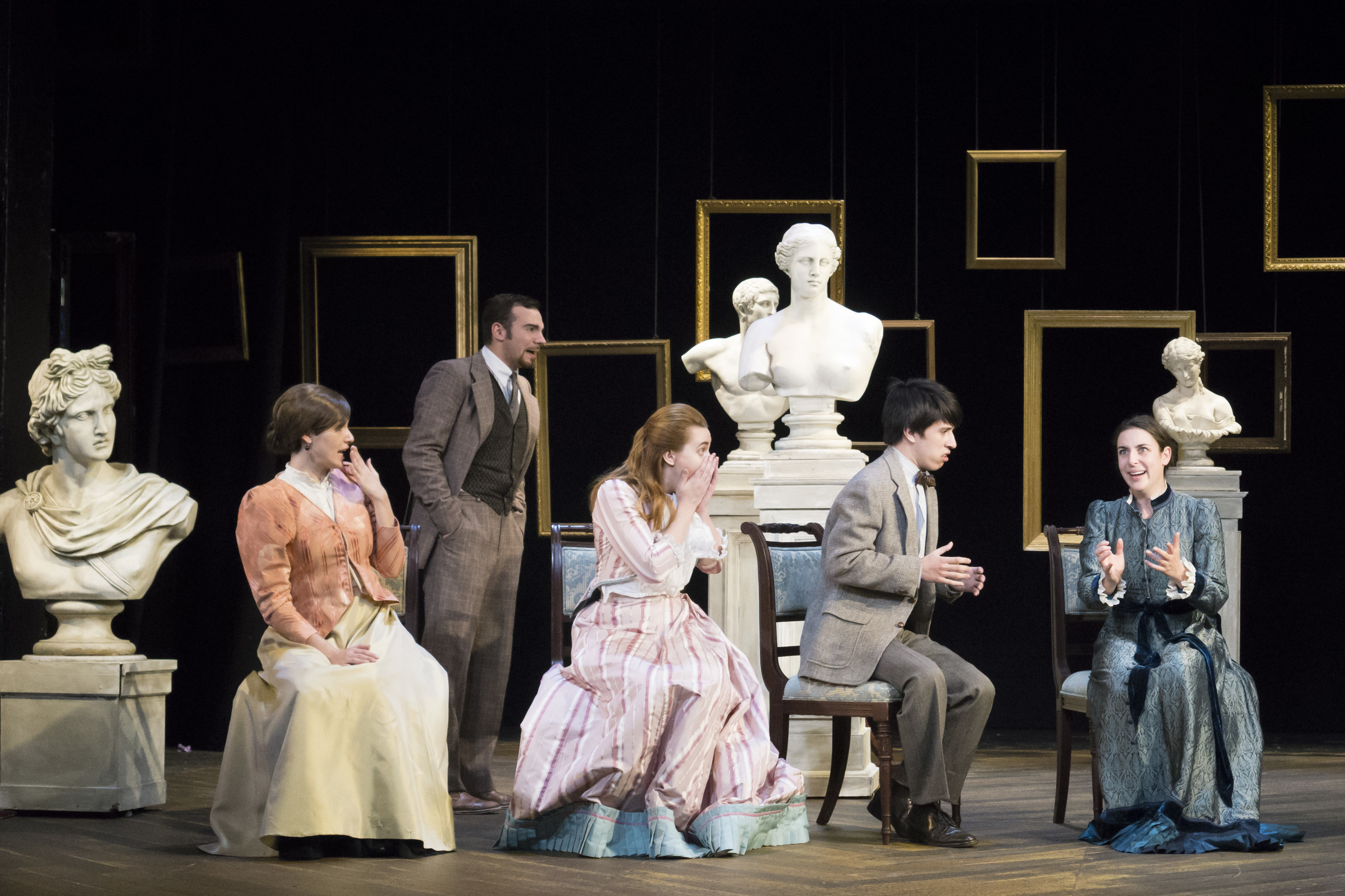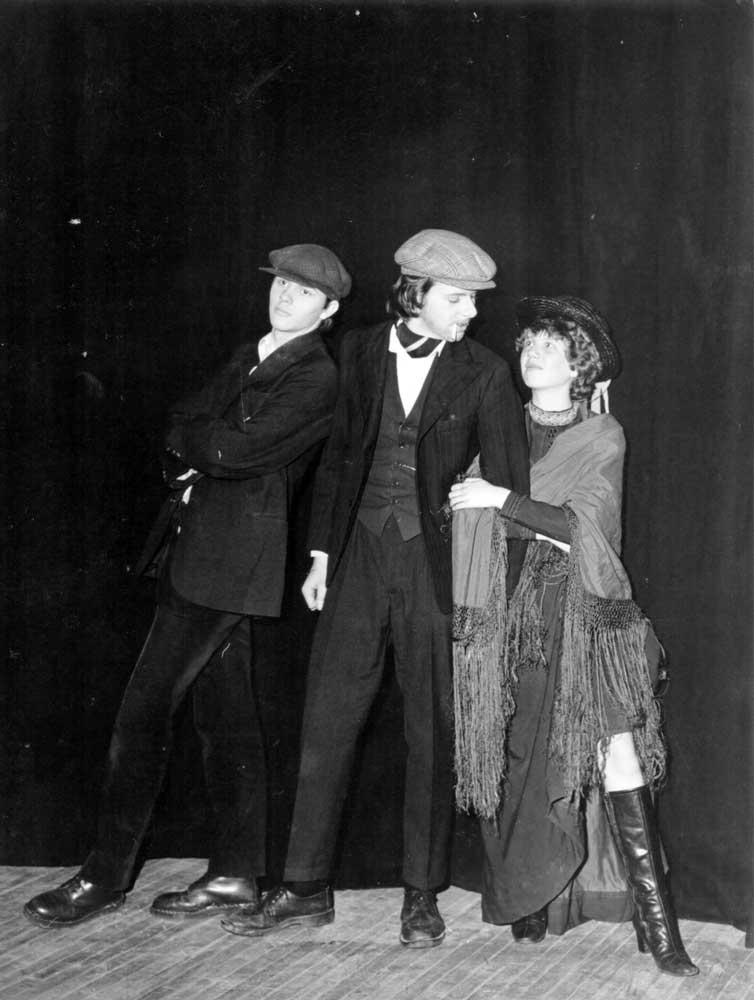

What was the most difficult part in writing the adaptation?Īs I trimmmed away words the ghost of George Bernard Shaw stood frowning at my shoulder. HIGGINS: Doolittle, either you're an honest man or a rogue.ĭOOLITTLE: A little of both, Henry, like the rest of us: a little of both. What's your favorite part or line in the play? I therefore set out to further refine my abridgement and create the present edition. It seemed to me that there ought be a wide market for a concise and manageable version of Pygmalion. I created an abridgement as a gift to her.ĭuring the process I developed a real appreciation for this delightful theatre classic. She always wanted Stratford to perform the play, but its length and some of the technical requirements presented obstacles. Marsha first read Pygmalion in junior high, and it inspired her love for theatre.

My girlfriend is artistic director of the troupe Stratford Players. What inspired you to write this adaptation? This absolutely remains Shaw's Pygmalion it's just a lighter, livelier Pygmalion, easier on actors and more entertaining for the audience. None of the meat of the play goes missing. This seamless abridgement removes about thirty percent of the dialogue, while retaining every important character and plot point. The play's musical incarnation, “My Fair Lady,” remains a Broadway staple.Īlthough it has everything you could want in a play – laughs, drama, iconic characters - the original is not often performed on modern stages, primarily because of its ponderous length. Pygmalion skillfully blends social satire, philosophical wit, a heated battle of the sexes, and what is perhaps the greatest platonic love story ever committed to paper. George Bernard Shaw's classic has been a hit with audiences for more than a hundred years. And so begins Eliza's halting metamorphosis … but what will become of the poor girl once this “experiment” is over?

When the girl shows up at his laboratory the following day, the haughty and impulsive Higgins makes a bold wager with a colleague: employing his mastery of language he will transform Eliza Doolittle from a rough street urchin into an aristocratic lady in just six months’ time. On a rainy evening in 1913, linguist Henry Higgins has a fateful encounter with an impertinent Cockney flower seller.


 0 kommentar(er)
0 kommentar(er)
